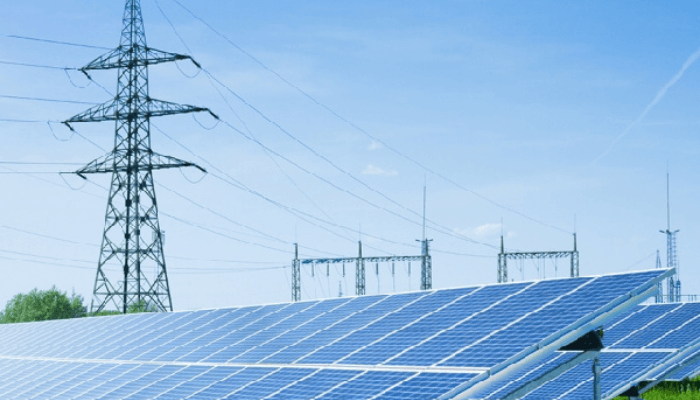In the heart of Nigeria’s ambitions and aspirations for economic prosperity beats a crucial lifeline: the dire need for a substantial and reliable electricity supply. Like the pulsing current that powers a nation’s progress, electricity stands as the linchpin for development, illuminating the path to a brighter future.
The current state of Nigeria’s electricity supply is marred by a pervasive darkness that hampers growth and stifles potential. Frequent power outages, inadequate generation capacity, and an ailing infrastructure collectively conspire to cast shadows over the nation’s economic landscape. The consequences are far-reaching, affecting industries, businesses, and the daily lives of millions of Nigerians.
Industries, the lifeblood of a thriving economy, find themselves crippled by the unpredictability of power supply. Productivity wanes as machines grind to a halt during power cuts, and the specter of interrupted operations looms over businesses. The cost of running generators as a makeshift solution becomes a burdensome weight on enterprises, eroding profit margins and limiting their ability to compete globally.
In the urban sprawl and rural hamlets alike, households are left grappling with the erratic dance of electricity availability. Students struggle to study under flickering bulbs, businesses teeter on the edge of viability, and the dream of a 24/7 digital age slips further away. The lack of reliable power not only stifles immediate progress but also hinders the emergence of innovative solutions and entrepreneurial endeavors that could thrive under more stable conditions.
The need for improvement in Nigeria’s electricity sector is not merely a call for convenience; it is a clarion call for socio-economic transformation. A robust and dependable power supply forms the cornerstone for attracting investments, fostering industrial growth, and improving the overall quality of life. The prospect of stable electricity opens doors to job creation, technological innovation, and a more inclusive development that reaches every corner of the nation.
To address this imperative, Nigeria must embark on a comprehensive journey of reform and investment. Revitalising existing power plants, investing in renewable energy sources, and modernising the electricity grid are essential steps toward building a resilient and sustainable power infrastructure. Additionally, fostering a conducive environment for private sector participation and implementing effective policies will not only attract investments but also stimulate competition, driving efficiency and accountability.
In the luminous tapestry of Nigeria’s potential, the improvement of electricity supply emerges as a radiant thread that weaves together progress and prosperity. By acknowledging the urgency of this need and committing to transformative measures, Nigeria can illuminate its path toward a future where the sparks of innovation, productivity, and inclusivity shine brightly for generations to come.





